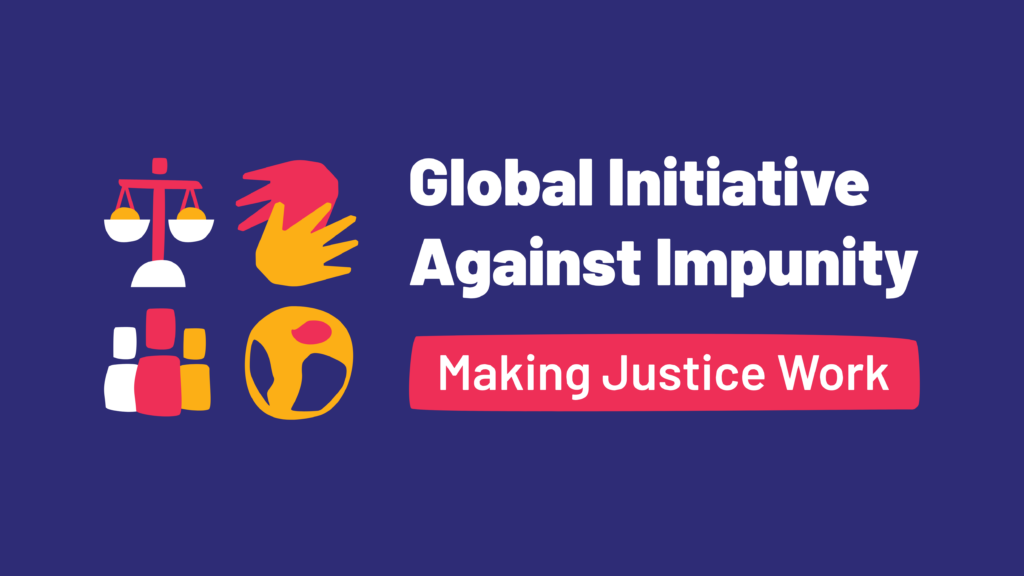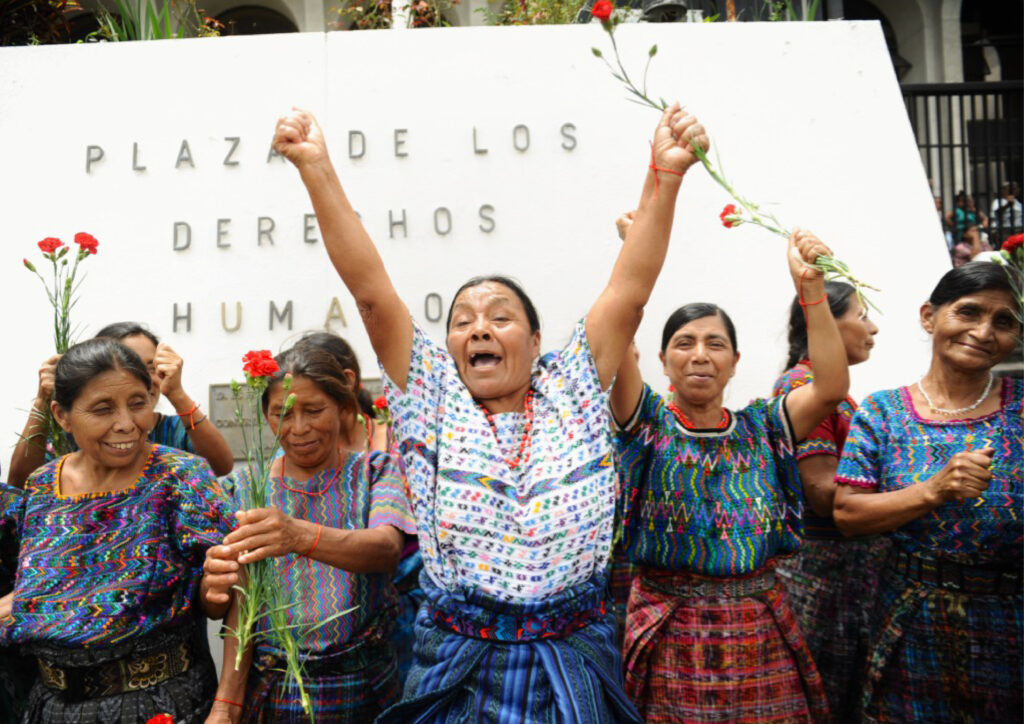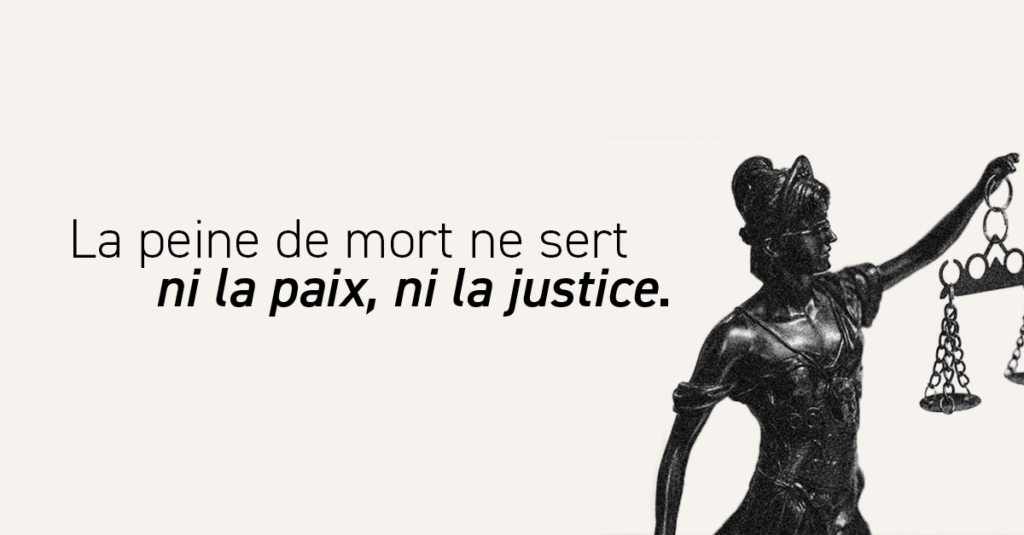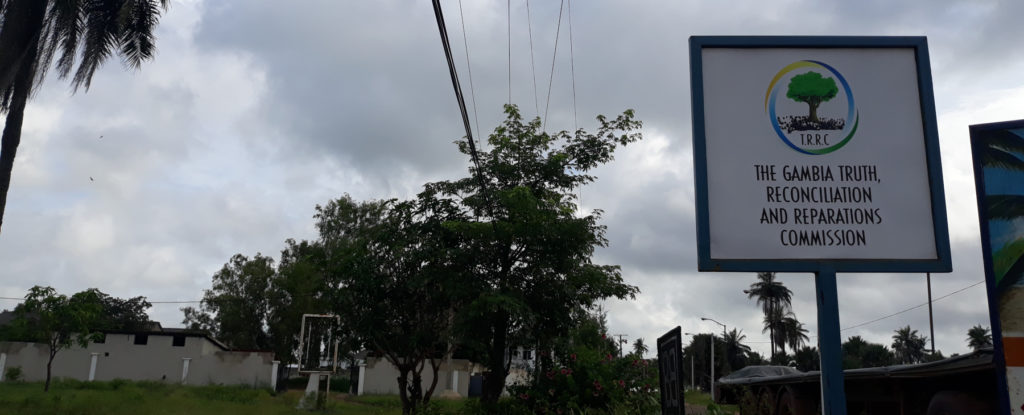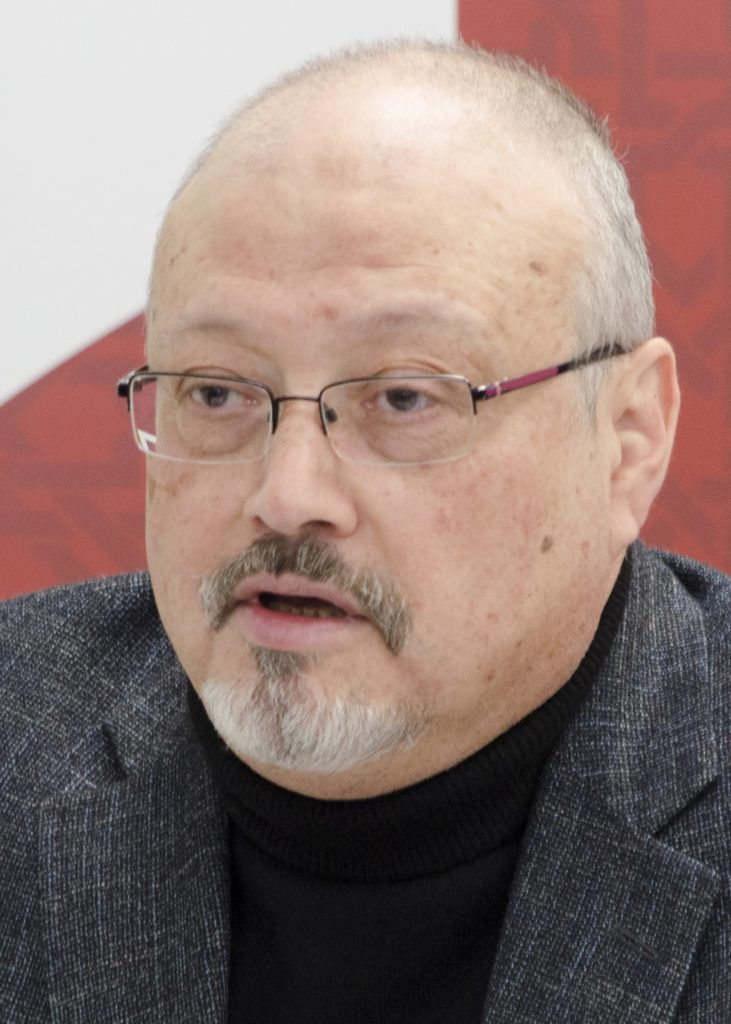Nepal nervous about its past
The decade-long Nepalese civil war left an open wound. Those who try to break the silence on human rights violations committed between 1996 and 2006 tread on thin ice, as the authorities often tries to cover up its controversial past. Lenin Bista, a former child soldier, experienced this first hand.
Lenin had been invited to speak at a congress on social reintegration of youths who have lived in conflict zones. As he tried to board his flight, he was denied access to the plane on the grounds that he had been “partially blacklisted” since the very morning. He was told by the customs officer that “he had not received permission or recommendation from the competent authority to participate in the program”. There is no law requiring a Nepalese citizen to have official permission to travel abroad.
Lenin Bista, 27, is fighting -with the organization he has founded- for the social reintegration of former Maoist child soldiers. Many of them remained on the sidelines at the end of the civil war, following the government’s refusal to honor its promise and integrate them into society through employment. TRIAL International met Lenin Bista.
TRIAL International: What prompted the Nepalese authorities to issue a travel ban against you?
Lenin Bista: I am a Maoist veteran and a former child soldier. I have been speaking on the issue of child soldiers for the last seven or eight years. This has been hard to accept for the Nepalese leaders, since they too are former belligerents. The government tried to silence me several times by kidnapping and jailing me. I suppose they prevented me from leaving the country for fear that I would raise the issue of child soldiers at an international forum. They do not want this issue to be discussed outside the country.
You were supposed to attend a workshop on peace-building processes for youth in conflict areas. Do you think the government has tried to silence you?
The travel ban is a very clear indication that the government does not want this topic to be discussed abroad. They did not even make the effort to give a credible explanation. This is how determined they are.
A travel ban is a clear violation of your freedom of movement, as well as your freedom of expression. How would you describe the situation of human rights in Nepal?
The government wants to make everyone believe that the peace process has been successfully completed. It pressures all NGOs that argue otherwise. There are still many problems in the way the government is addressing the transitional justice process, but authorities are reluctant to address them. I think they are trying to use my case as an example. It sends an indirect threat to all those who want to publicly raise their voices demanding justice. Unfortunately, despite the fact that the armed conflict ended twelve years ago, I think that the situation of human rights in Nepal is very worrying.


